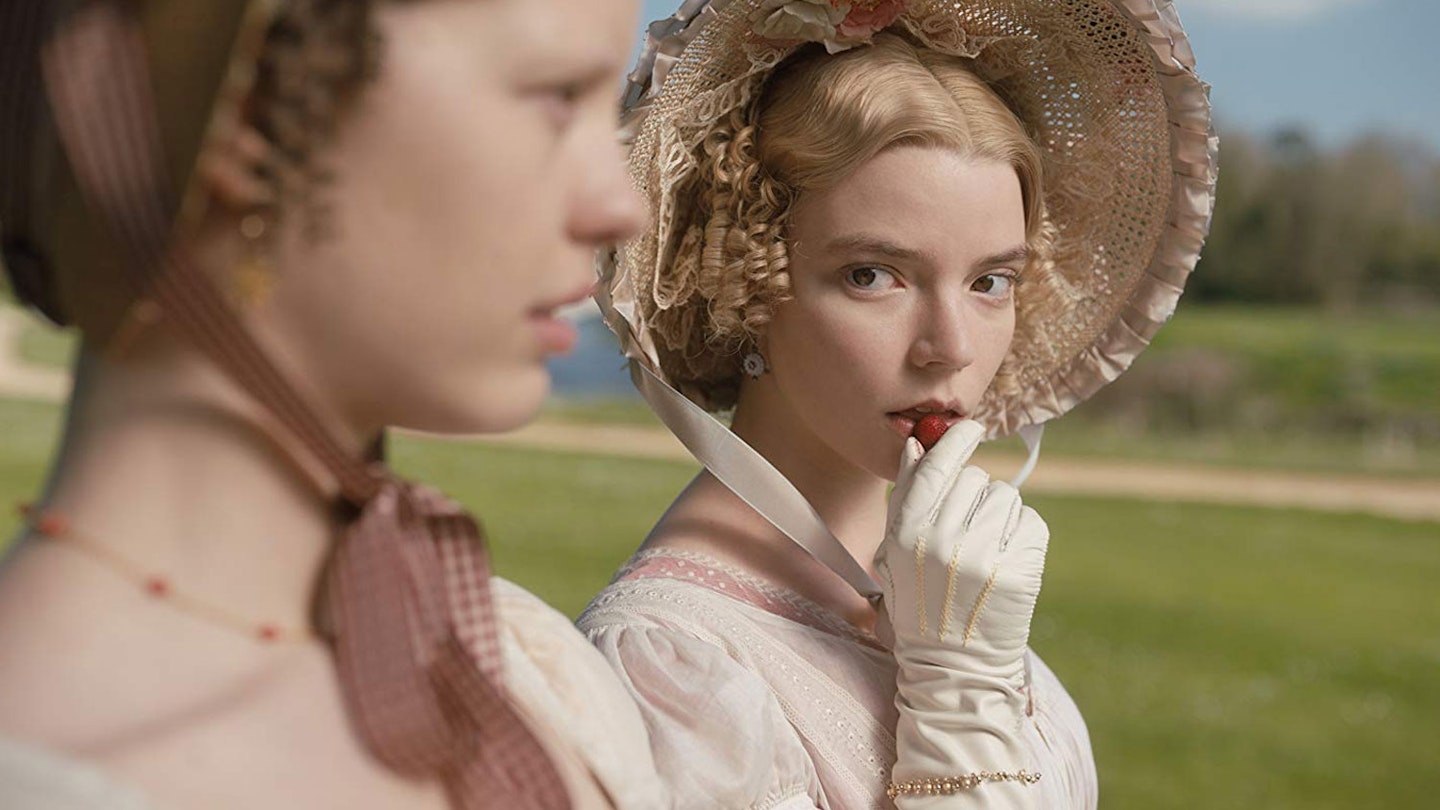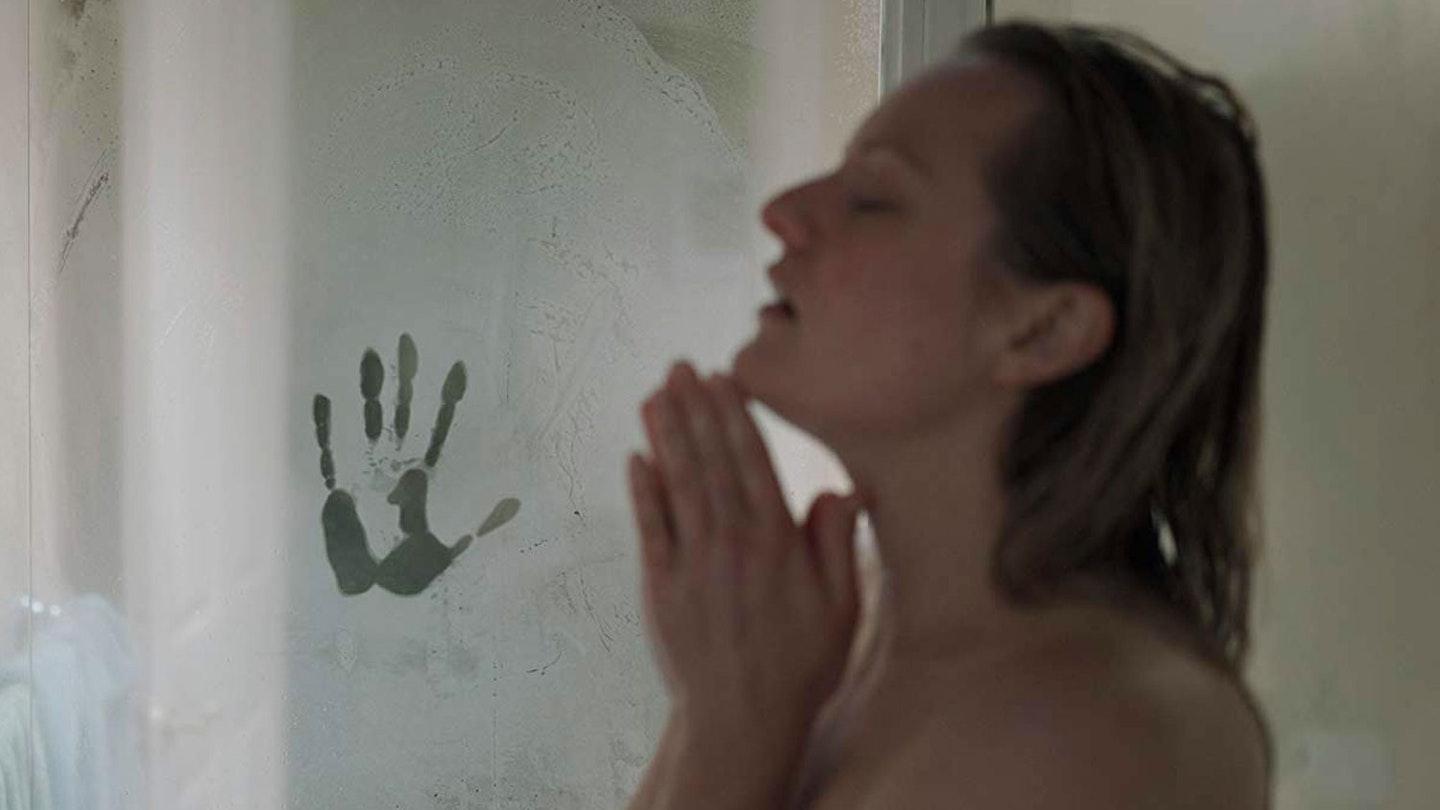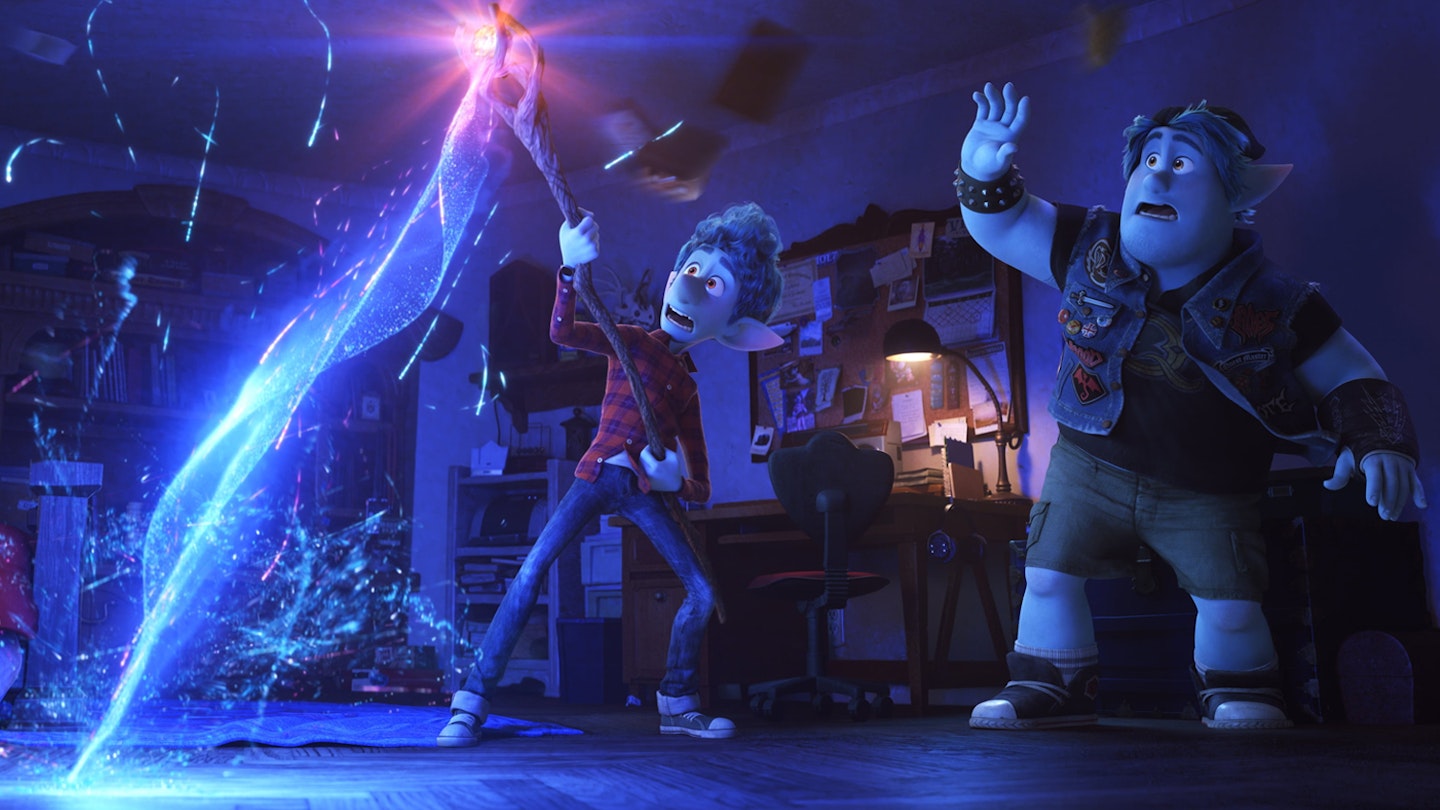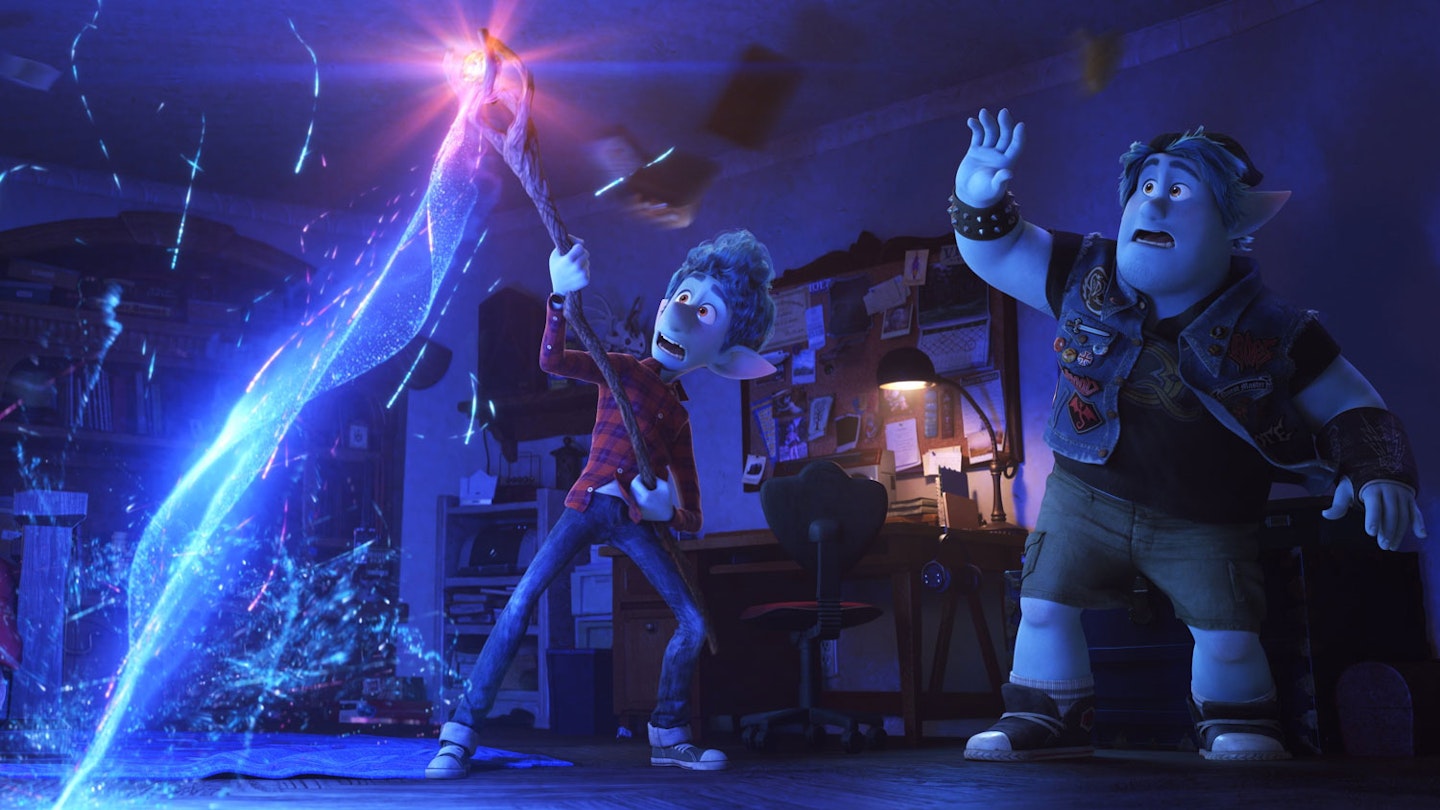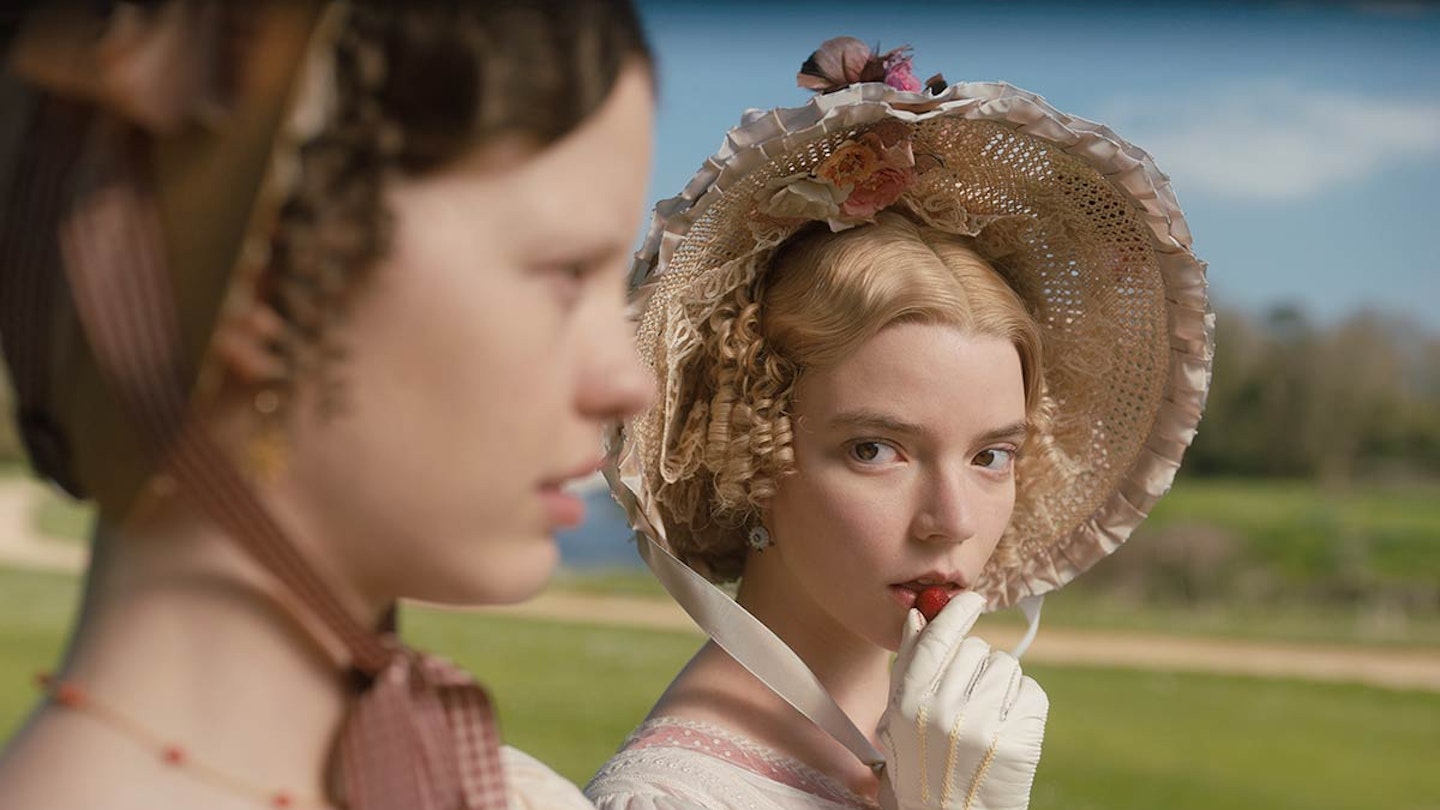Joining the likes of sex, lies, and videotape (all lower case) and Who Framed Roger Rabbit (no question mark) in the weirdly punctuated title stakes, Emma. arrives with a seemingly random full stop which proves to be bizarrely instructive. As well as helping American audiences realise it is a period picture (ba dush!), it also hints at the sense of affectation that runs through Autumn de Wilde’s adaptation of the last novel Jane Austen published before she died. Eschewing the delicacy of Ang Lee’s Sense And Sensibility or the muckiness of Joe Wright’s Pride & Prejudice, pop promo director de Wilde tackles Austen’s headstrong matchmaker with a mixture of styles — both acting and cinematic — that never coalesces into a satisfying whole.
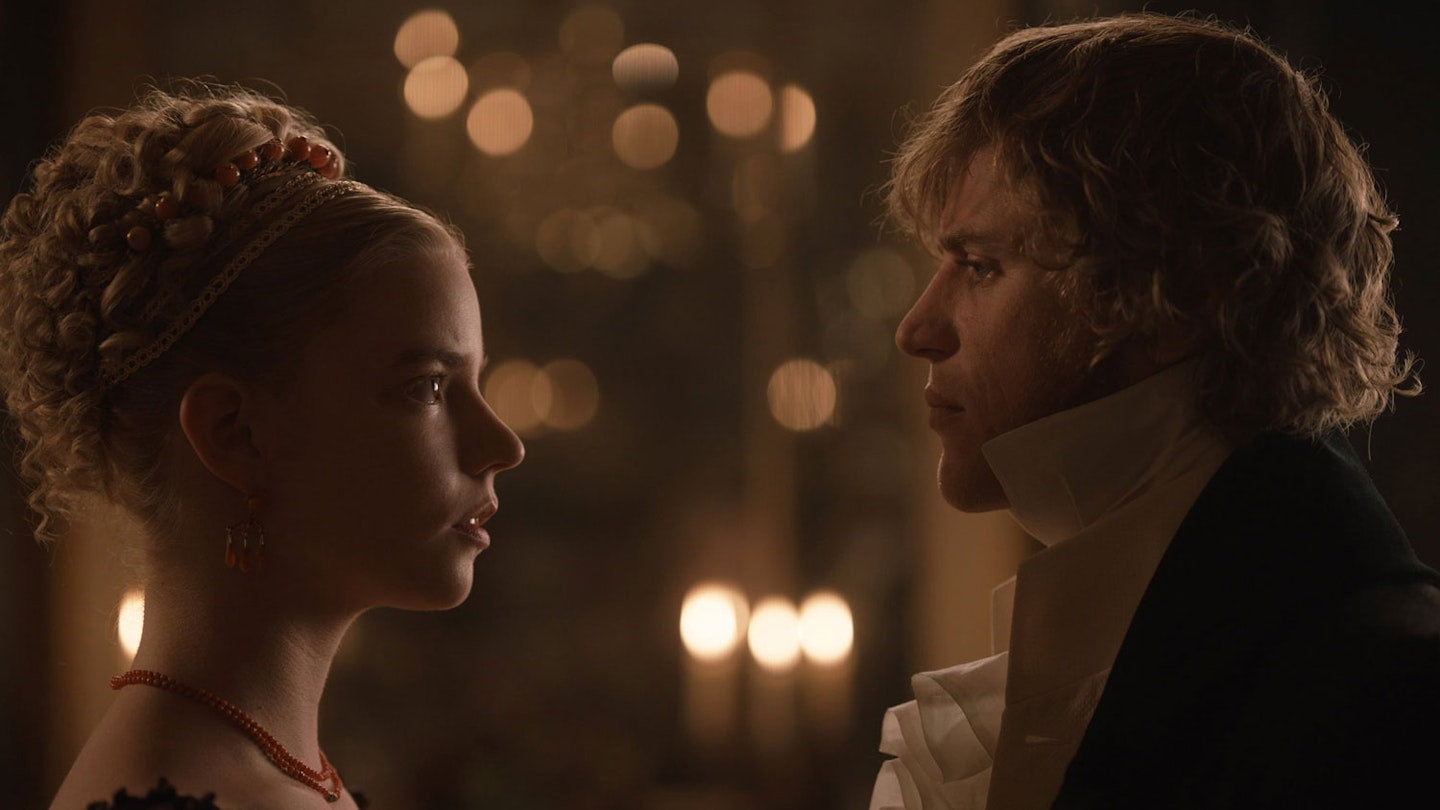
Rather than driven by a single narrative, Austen’s story builds a patchwork of desires, jealousies and social standings revolving around the antics of Emma Woodhouse (Taylor-Joy), a privileged, mischievous cupid who meddles in other people’s love lives to stave off thinking about her own. The screenplay by Booker prize-winning novelist Eleanor Catton does a good job of wrangling the incidents and details of Austen’s novel into a two-hour form, but the writing doesn’t have the twinkle to pull off what should be the lightest of confections. Joining Gwyneth Paltrow, Kate Beckinsale and Romola Garai as previous on-screen Emmas (not to mention Alicia Silverstone’s Cher in Clueless), the clearly talented Taylor-Joy never really captures the capricious nature of the character in the first half or the growing realisation of her own foibles in the second.
Emma. never really takes flight
Tonally the film is all over the place, de Wilde never landing on a mood that can convince you Josh O’Connor’s broadly comic vicar Mr Elton and Johnny Flynn’s impressively intense Mr Knightley live in the same world. This schizophrenia spills over to the filmmaking. Sometimes it feels like de Wilde is going for a Wes Anderson formalism — a pastel colour palette, square-on compositions, a row of women in red capes looking like rejects from The Handmaid’s Tale — and other times it falls into a more bog-standard form of costume-drama filmmaking.
The film fares better when it moves into more emotional areas. A sequence at a picnic in which Emma insults garrulous busybody Miss Bates (Miranda Hart) has a sense of authenticity the rest of the film could benefit from. Instead, Emma. never really takes flight. If the full stop is meant to imply this is the definitive version of Austen’s tale, it sadly hasn’t quite made it.
